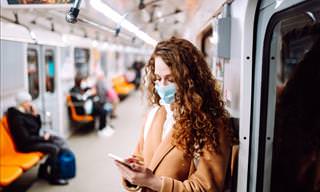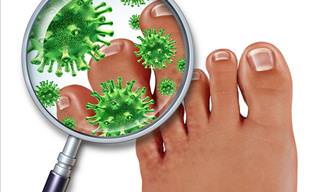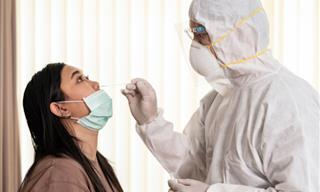The surest way to get the Covid-19 pandemic is to achieve herd immunity, either with a vaccine or naturally. A population has achieved herd immunity when a large enough percentage of individuals become immune to a disease. When this happens, infected people can no longer transmit the disease, and the epidemic will burn out. However, trying to achieve herd immunity for SARS-CoV-2 is too risky and might not even prove sustainable. “COVID-19 can be fatal in any age group,” explained Lauren Rodda, a senior postdoctoral fellow in immunology at the University of Washington School of Medicine, to Healthline “and the cost to human life is appallingly unacceptable.”
The reason for this uncertainty is that there is still much we don’t know about immunity after recovery from Covid-19, including how long it lasts. In this article, we’ll round up all that is known about immunity in recovering Covid patients and what conclusions scientists and health experts can draw from it.
Related: Coronavirus Vaccine Update: Hopes Rise for Oxford Vaccine
What experts currently know about lasting immunity COVID immunity
According to Dr. Rodda, we can’t be sure if people are immune to reinfection simply because not enough research has been done yet. “This would require tracking the re-exposure of a significant number of people and determining if they get sick,” she said.
However, a recent study published in the journal Immunity showed encouraging findings. People who recover from even mild cases of Covid-19 were found to produce antibodies that are believed to protect against infection for at least 5 to 7 months and could possibly last much longer.
The research team has tested nearly 30,000 people in Arizona since April 30th, shortly after a blood test that could detect the coronavirus was developed. These research results are much more promising than those of previous similar studies, which showed that antibodies were maintained for 3 months at the least.

Antibodies are essentially blood proteins the body produces to a specific antigen. They are the "search" battalion of the immune system's search-and-destroy system, tasked with finding an enemy and marking it for destruction. Memory cells keep information of previous microbial invaders in our immune system, allowing it to have a quicker, stronger response the next time we encounter them. If past patients are re-exposed to the virus, these cells along with the antibodies are likely to protect people from symptoms and further transmission.
Despite the several studies which prove the existence of antibodies in recovering patients, the researchers have not checked to see if any of the people they tested were exposed to the virus again and if the antibodies they produced were sufficient to protect them.
There are other factors at play, as well. Experts are unsure if a patient’s age and the severity of the illness affect immunity, how long will protection last after vaccination, and what is the best way to measure immunity (Is it by measuring antibodies? Is there a specific type of antibody to measure?). Because Sars-CoV-2 is such a novel virus, more time is needed to answer these questions concretely.
Does a positive anybody test mean one is immune?
In some infections, the presence of antibodies provides full protection, while in other cases, they won’t prevent reinfection, but the symptoms may be milder. There is also the possibility that they don’t provide protection at all.
Having positive antibodies to the coronavirus, therefore, doesn’t guarantee immunity. Dr. Steven Sperber, interim chief of the division of infectious diseases at Hackensack University Medical Center pointed out that some test results may be “false positives”: A person may have been exposed to a similar virus that’s also detected by the test, but these antibodies aren’t protective from the new coronavirus.
The bottom line is that until an effective vaccine against the novel coronavirus is developed, we can’t really trust the “natural” immunity of antibodies and memory cells. However, learning that it lasts for up to 7 months is an important step in vaccine development.
Until we understand more about reinfection or have a working vaccine, it's best to continue taking precautions such as physical distancing and mask-wearing, even after recovery.
If you found this article helpful, share this information with family and friends
 Go to BabaMail
Go to BabaMail



























